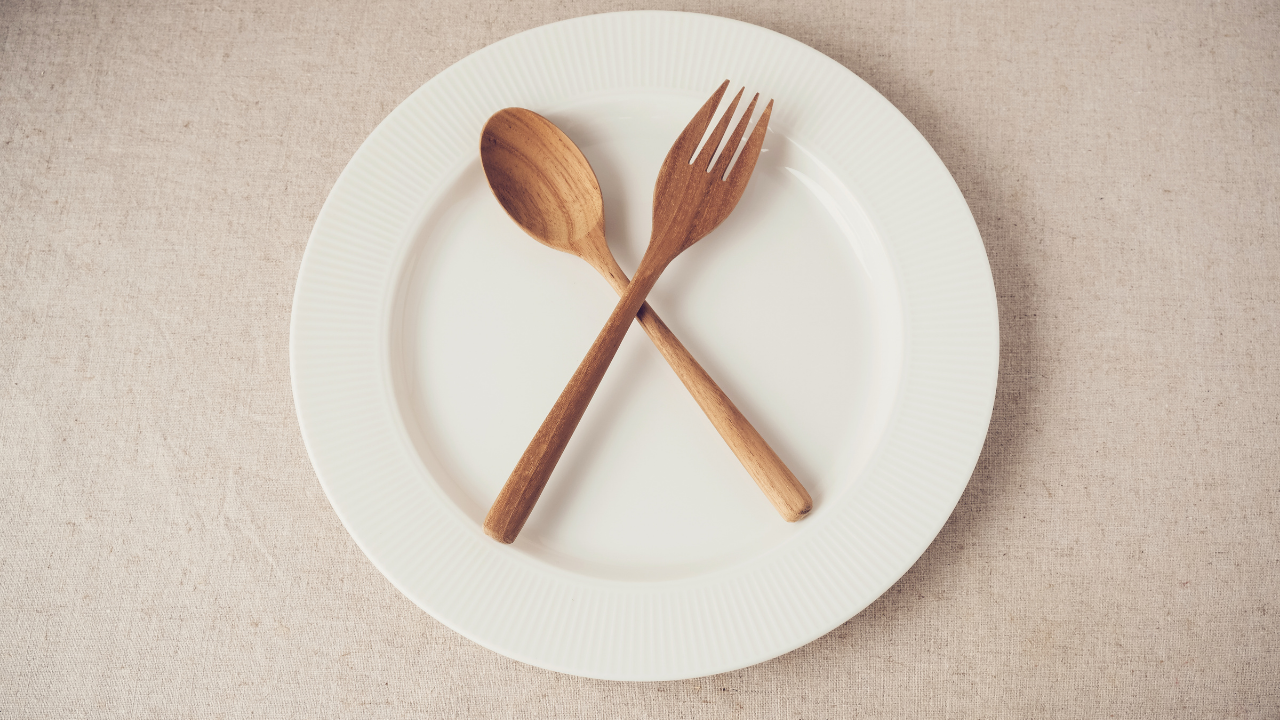The Hidden Driver Behind Menopausal Fat Gain and How to Change It

One of the main issues that a lot of us women encounter with our journey in menopause is weight gain, especially around our stomachs. This can be extremely frustrating! Especially if you feel like you haven’t changed anything about your diet and exercise, but are still putting on weight.
In this article, we will be filling you in on how a sneaky player called insulin resistance could be causing your weight gain and what you can do to prevent or reverse it starting now!
So, what is Insulin Resistance?
We did an article about this last month, but here is a recap.
When we eat carbs or sugars it gets broken down into glucose and causes our blood sugar levels to rise. When they rise, a hormone called insulin is secreted from your pancreas and acts like a key to tell the cells to open their doors and take in the glucose from your bloodstream so they can use it as fuel and your blood sugar can come back to normal. This is a necessary process and in no way a bad thing.
The problems with this process arise when we have too many of these blood glucose spiking events (ie. eating high carb foods) and insulin is trying to put more and more glucose into the cell. Over time the powerhouses of our cells, the mitochondria, get overloaded with this constant overload of glucose and actually start to shut down and say NO to insulin when it tries to put more fuel in next time. This "numbness" to insulin, causes your body to have to secrete more insulin to get the blood glucose out of the bloodstream and into cells because cells are no longer accepting the circulating blood glucose for fuel.
Here is where the excess glucose gets stored in fat cells instead of being used as energy by the cells and you are left hungry with cravings for more carb rich foods.
How does this relate to menopause?
This process of insulin resistance is especially important to note in menopause because of how estrogen levels actually impact insulin function.
Low estrogen levels, like in menopause, have been linked to insulin resistance. So, this means that without changing anything about your diet or your exercise routine, your cells can become more resistant to insulin function, as your estrogen levels decline, and cause you to store more of the carbs you are eating as fat cells.
This is why when you go through the stages of estrogen decline during menopause you will tend to gain more weight and have to be more diligent about your diet and lifestyle habits.
What can you do to prevent or reverse this tendency towards insulin resistance in menopause?
I know this all sounds like impending doom since this decline of hormones is out of our control, but like anything else there are ways to optimize your body to be more insulin sensitive and help your body to actually utilize the glucose coming in, so that it doesn't get as stored as fat.
Here are 3 ways you can become more insulin sensitive starting today:
#1 - Activate your muscles

Your muscles don’t need insulin to absorb glucose from the bloodstream. If you can activate your muscles throughout the day with strength training exercises, HIIT workouts, walks and intermittent movement you will be able to increase the glucose uptake into your muscles and have a lower insulin response.
#2 - Eat good quality protein first at every meal

You can dull blood glucose spikes by eating 30-40g of protein at every meal and eating it BEFORE any starches or carbs. If you have a plate of food with chicken, veggies and pasta, try to eat the veggies and chicken first then the pasta last.
#3 - Do some intermittent fasting 12-14 hours

By not eating for 12-14 hours you are giving your body time to use the energy that is already stored in your body. This helps to make your cells more sensitive to incoming energy when you do eventually eat your first meal of the day. Try having your last meal at 7pm and your first at 9am. You can have black coffee and water in the interim time.
Final Thoughts
Insulin resistance and declining estrogen during menopause doesn’t have to be a sentence for life long weight gain. There are simple things you can do on a daily basis to become more insulin sensitive and prevent or reverse these symptoms of insulin resistance.
To fight this issue and become more effective at fighting insulin resistance during menopause, we now have teamed up with Tess at Hacked Healthy to bring you a blood glucose monitoring group coaching program that can help you to understand what foods are putting you more at risk for insulin resistance and how you can impact changes into your life to move away from it.
If you would like to learn more about this program you can email Coach Tess at [email protected] and she will give you more information about our upcoming programs!
Join our free Limitless Lifestyle Academy Community here for more articles and information on how you can be LIMITLESS after 40!


